How to Check Smart Features Before Buying a Home
Smart home features are becoming more common, but not every system is right for every buyer. Before purchasing a home, it’s important to know what devices are included. Some homes come with smart thermostats, locks, or lighting systems already installed. Ask the seller or agent which features will remain after the sale. It’s also worth checking if the equipment requires specific apps or accounts to function. Some systems may need subscriptions, which can add extra costs each month. Confirm whether you’ll receive access to logins or if you’ll need to reset devices after moving in. Look at how old the equipment is, since technology changes quickly. A smart system that’s several years old may already be outdated. Understanding what’s in place helps you decide if it adds value to the home. It also ensures there are no surprises once you move in.
Energy efficiency is one of the main benefits of smart home systems. Devices like thermostats and lighting controls can help lower monthly bills. If the home has these systems installed, test how they work during the showing. A thermostat, for example, should be easy to adjust and connected to the HVAC system. Some systems also let you monitor energy use from your phone. Check whether the equipment works with common platforms like Google Home, Alexa, or Apple HomeKit. Compatibility makes it easier to connect your own devices later. Ask the seller for manuals or instructions if available. Understanding the system before moving in can save time and frustration. Energy savings can make a difference in the long run, but only if the system is reliable. Test functionality so you don’t inherit a system that barely works. Smart features should simplify life, not complicate it.
Security is another area where smart devices play a big role. Many homes now include cameras, video doorbells, or smart locks. These features can increase safety and give peace of mind. Before buying, make sure the equipment is properly installed and functioning. Outdated security systems may not connect to modern apps or may require upgrades. Privacy is also something to consider when evaluating these features. Ask how data is stored and whether you’ll be able to change access settings. Make sure all past user accounts will be reset before you move in. This prevents former owners from retaining access. A reliable smart security system adds value, but a poorly maintained one becomes a burden. Look closely at what’s installed and think about whether it fits your comfort level.
Smart features can be a bonus, but they shouldn’t distract you from the bigger picture. The structure, location, and layout of the home still matter most. Technology can be updated, but repairing a poor foundation or inconvenient layout is harder. Decide whether the smart features truly add value for you or if they’re just nice extras. Remember that devices change quickly, and what feels advanced today may be outdated soon. Be realistic about what matters long-term. Ask questions, test systems, and weigh the costs of upkeep. If the features work well and fit your lifestyle, they’re a benefit. If not, consider them a temporary bonus rather than a deciding factor. Buying a home is about balance between comfort, practicality, and cost. Smart features should support that balance, not outweigh it.
Categories
Recent Posts
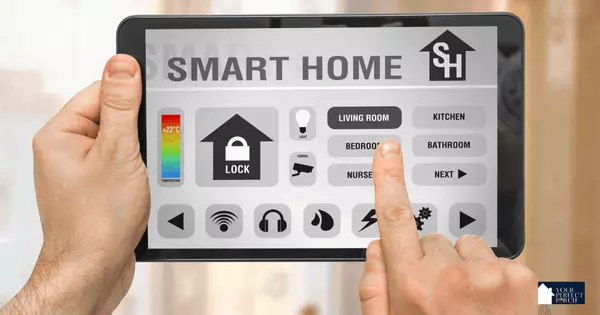

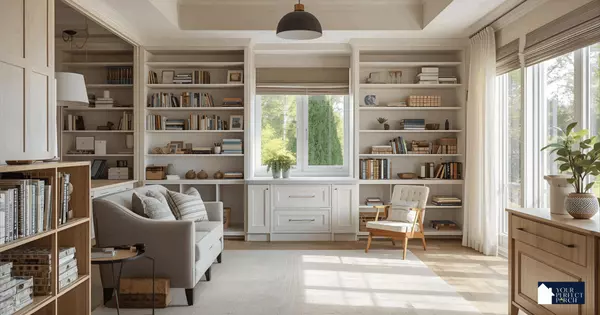
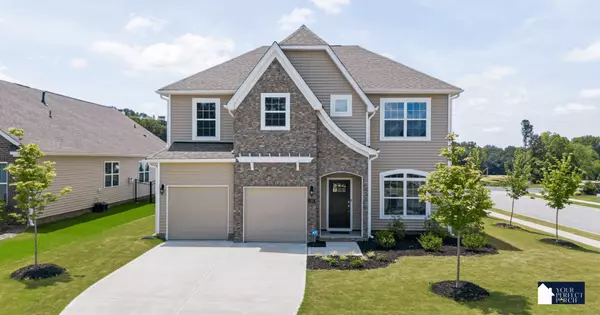
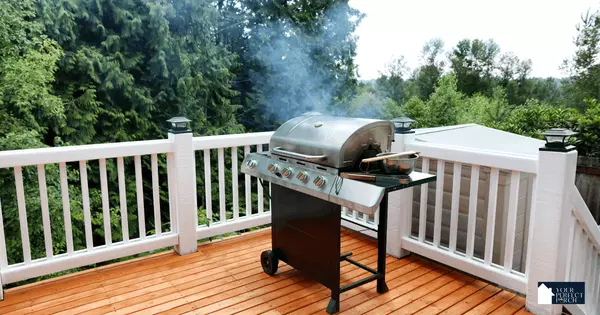
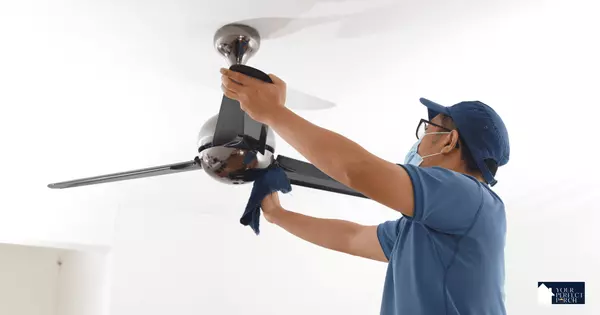
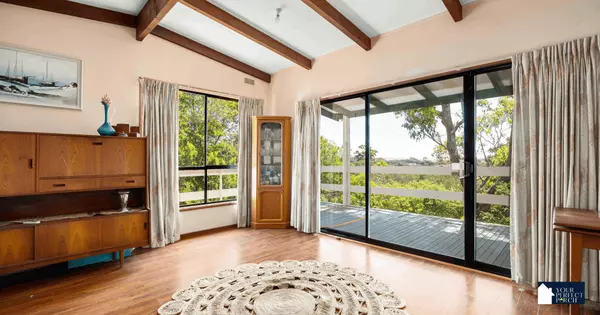
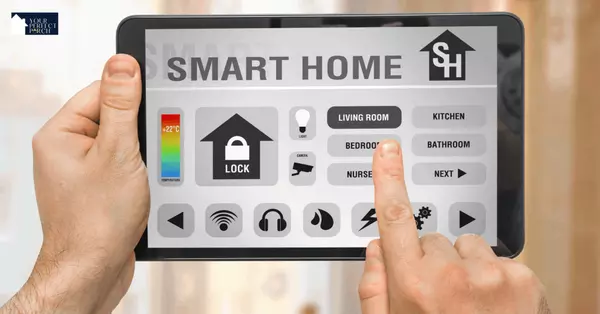
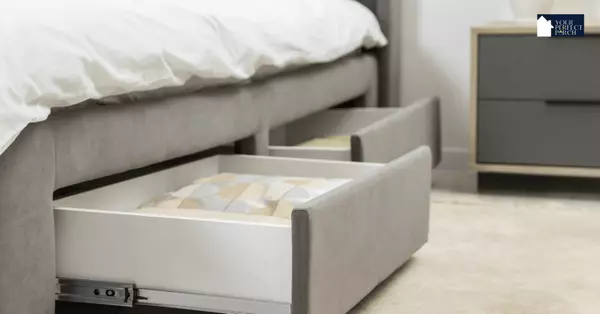
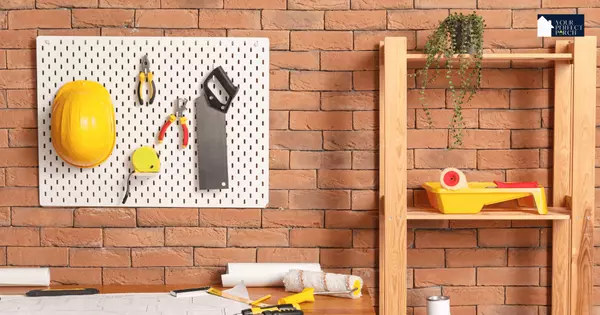
GET MORE INFORMATION

